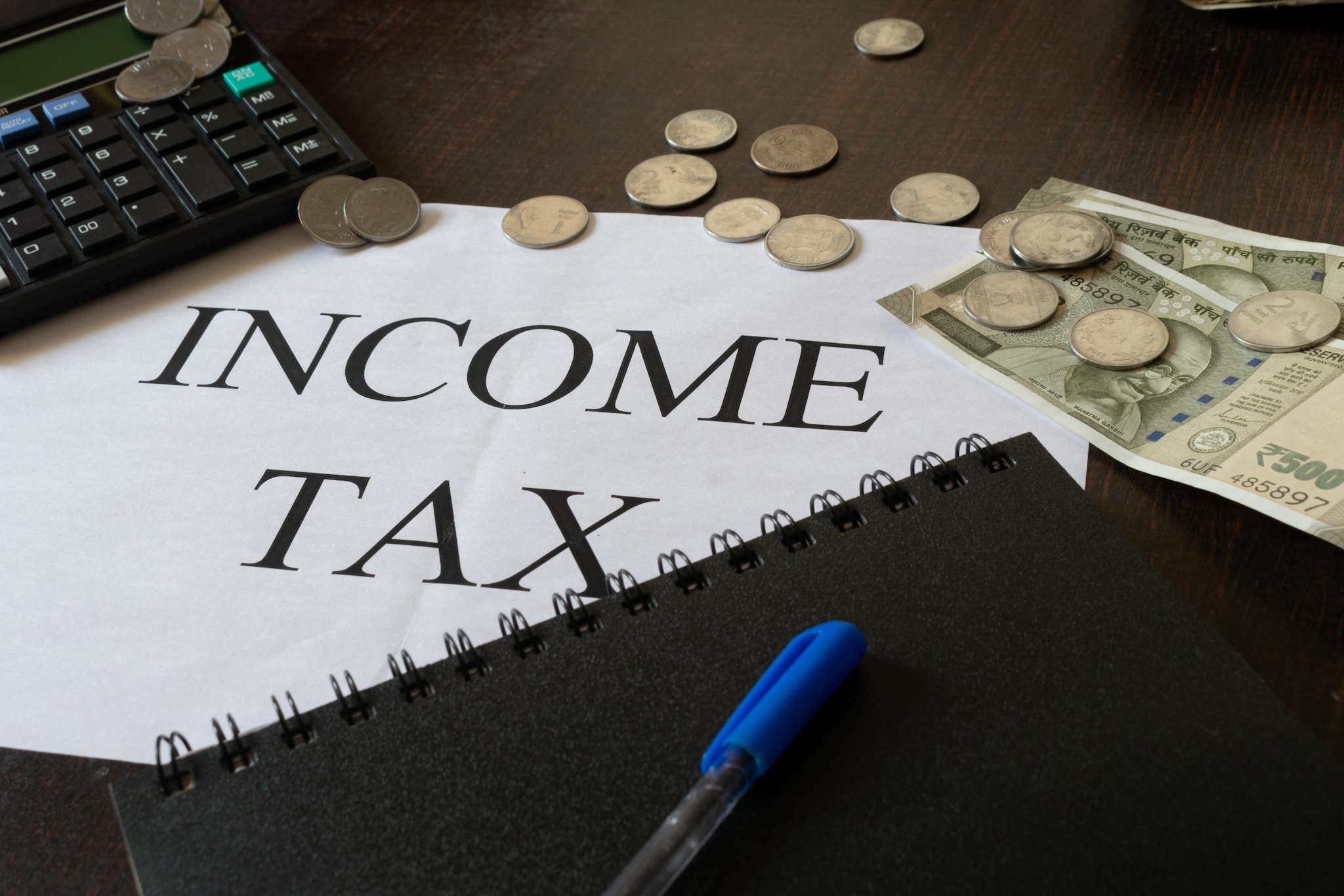

Index Fund Corner
Sponsored
| Scheme Name | 1-Year Return | Invest Now | Fund Category | Expense Ratio |
|---|---|---|---|---|
| Axis Nifty 50 Index Fund | +32.80% | Invest Now | Equity: Large Cap | 0.12% |
| Axis Nifty 100 Index Fund | +38.59% | Invest Now | Equity: Large Cap | 0.21% |
| Axis Nifty Next 50 Index Fund | +71.83% | Invest Now | Equity: Large Cap | 0.25% |
| Axis Nifty 500 Index Fund | — | Invest Now | Equity: Flexi Cap | 0.10% |
| Axis Nifty Midcap 50 Index Fund | +46.03% | Invest Now | Equity: Mid Cap | 0.28% |
India offers taxpayers the choice between two income tax regimes: the old tax regime and the new tax regime. Each regime has its own set of rules and tax slabs, allowing individuals to select the one that best aligns with their financial circumstances.
The tax slabs for the new regime are:
- Up to ₹3 lakh: Nil
- ₹3 lakh to ₹7 lakh: 5%
- ₹7 lakh to ₹10 lakh: 10%
- ₹10 lakh to ₹12 lakh: 15%
- ₹12 lakh to ₹15 lakh: 20%
- Above ₹15 lakh: 30%
This regime also offers a standard deduction of ₹75,000.
On the other hand, the tax slabs under the old tax regime are as follows:
- Up to ₹2.5 lakh: Nil
- ₹2.5 lakh to ₹5 lakh: 5%
- ₹5 lakh to ₹10 lakh: 20%
- Above ₹10 lakh: 30%
Those earning up to ₹5 lakh can claim a rebate of ₹12,500 under Section 87A of the Income Tax (I-T) Act.
Consequences of Non-Compliance
Non-compliance with tax laws can trigger several negative consequences:
Penalties for Late Filing (Section 234F): Failing to file income tax returns by the due date attracts penalties. If your total income exceeds ₹5 lakh, the penalty is ₹5,000. For incomes up to ₹5 lakh, the penalty is ₹1,000.
Interest on Unpaid Taxes (Sections 234A, 234B, 234C):
Interest is levied on unpaid taxes. Section 234A charges interest at 1% per month for late filing of returns. Section 234B imposes interest at 1% per month for unpaid advance tax, while Section 234C applies to the deferment of advance tax installments.
Notices from the Income Tax Department (Section 156): The Income Tax Department can issue a Demand Notice under Section 156, requiring payment of outstanding dues within a specified timeframe. Ignoring these notices can escalate into legal action.
Penalties for Tax Evasion (Sections 270A, 276CC): Tax evasion, whether intentional or unintentional, carries severe penalties. Misreporting income can result in a penalty ranging from 50% to 200% of the under-reported tax under Section 270A. Wilful evasion can lead to imprisonment ranging from three months to seven years, along with fines, as per Section 276CC.
Asset Seizure and Garnishment: In extreme cases of persistent non-compliance, the Income Tax Department can seize assets like properties and vehicles to recover outstanding dues. Garnishment, where a portion of income is directly deducted from salary or payments, is another recovery measure.
Impact on Financial Reputation and Travel: Tax non-compliance can negatively affect your credit score and make it difficult to secure loans or credit in the future. In severe cases, the Ministry of External Affairs can revoke or deny passport issuance, restricting international travel.
Prosecution and Imprisonment: For significant cases of tax evasion, prosecution in court is possible, leading to potential imprisonment ranging from three months to seven years, along with substantial fines.
Rectifying Non-Compliance
If you have failed to comply with tax regulations, there are avenues for rectification:
Belated Returns: You can file a belated return after the due date, although this may attract penalties and interest.
Revised Returns: If you discover errors in a filed return, you can file a revised return to correct them.
Voluntary Disclosure Schemes: The Income Tax Department occasionally offers schemes that allow taxpayers to voluntarily disclose undeclared income by paying a penalty, providing an opportunity to regularise their tax status.



